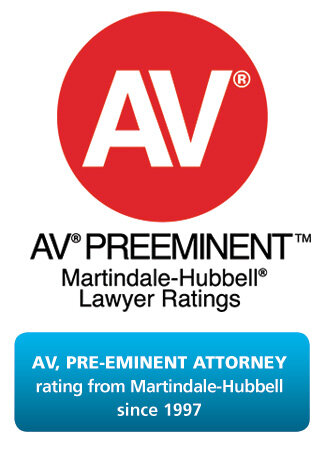Church Created Non-Profit Housing Co-op to Provide Low-Moderate Income Housing for Neighborhood
MUSTARD TREE CO-OP CASE STUDY CATEGORIES:
Cooperatives (Co-op): Church created non-profit housing co-op created to provide low-moderate income housing for neighborhood
Mustard Tree Co-op is a 23 unit non-profit housing cooperative in Detroit’s Island View neighborhood, originally founded by Church of the Messiah. Attorney Olson helped them obtain their independent IRS 501(c)(3) status in the 1980’s and has represented them ever since.
Church of the Messiah is an Episcopal church on Detroit's east side, an economically challenged area. When the neighborhood began to deteriorate in the late 1970's Pastor Ron Spann and parish members looked for ways to improve it. The apartment building at 215 E. Grand Blvd., immediately across the street from the church, was a source of neighborhood problems, including drugs and prostitution. In 1977, Richard Cannon became president of the Church of the Messiah Housing Corporation, through which the church bought the 23-unit building, and began renting to neighborhood people. It was always the desire of the Housing Corporation that the building be a co-op.
In 1990 the building residents created the Mustard Tree Co-op and entered into a long-term mortgage to buy the building from the Housing Corporation for $650 per month.
In 1997, the Housing Corporation wanted to sell the building outright to the residents’ co-op. It was then that the residents contacted Attorney Deborah Olson. Over the years, the co-op had retained 5% of the rent in a long-term capital improvement fund, which, by the time of the purchase had the $50,000 needed to purchase the building from the Housing Corporation.
The co-op needed to formalize its existence and wanted to seek tax-exempt status. Atty. Olson successfully filed with the IRS for 501(c)3 tax-exempt status for Mustard Tree Co-op. She assisted the co-op in purchasing the building from the Housing Corporation. As a tax-exempt, non-profit the co-op is eligible for certain federal housing programs. However, the members do not build individual equity in the co-op.
Since 1997, Atty. Olson has served as general counsel to the Co-op, dealing with a wide variety of issues.




